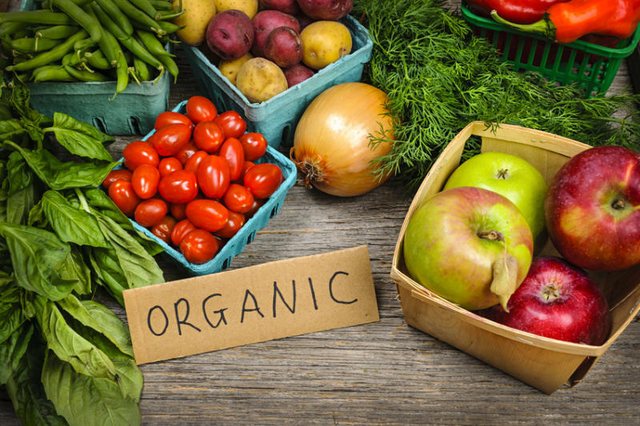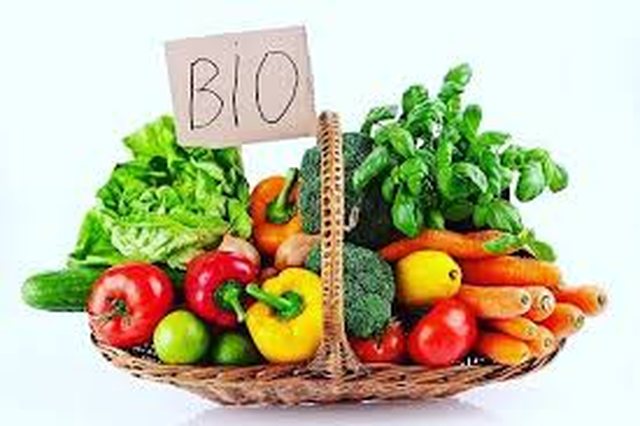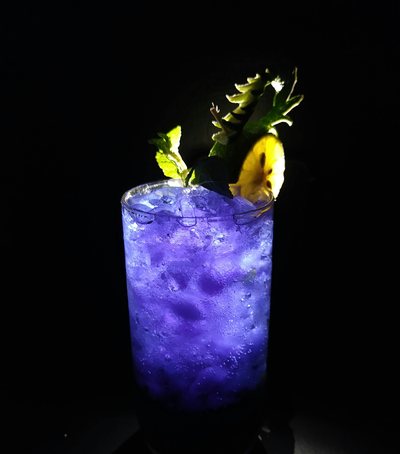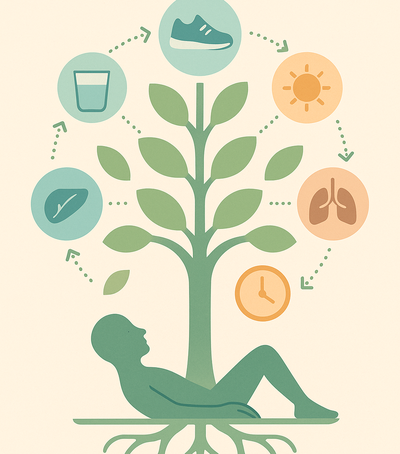
You need to think twice before buying unnaturally grown strawberries, spinach, or nectarines. According to a report by the Environmental Working Group, these foods are most at risk of being contaminated with traces of synthetic pesticides.
The findings were used to create EWG 2017's "Dirty Dozen" "Dirty Twelve" and "Clean Fifteen" "Clean Fifteen", lists of foods more and less threatened by pesticides. To accomplish this ranking, the EWG analyzed tests performed by the U.S. Department of Agriculture, Food and Drug Administration of more than 36,000 samples from 48 different types of unnaturally grown products.
" Even low levels of exposure to pesticides can be harmful to children, babies or toddlers, so whenever possible parents and caregivers should take steps to minimize exposure to pesticides. "They always continue to feed them diets rich in healthy fruits and vegetables," said Dr. Philip Landrigan from the School of Medicine Mt. Sinai School of Medicine, in a statement.

For the second year in a row, EWG that strawberries were the most contaminated fruits. Last year, the red fruits of the forest came down from the top the apples, which held the title of the most contaminated fruits for five years. Pesticide residue in strawberry fruit has increased due to increased demand for out-of-season strawberries. This year, the most contaminated strawberry had traces of 20 different pesticides.
Also, this year, spinach and nectarines have been added. Spinach has jumped from eighth place to second most contaminated products. The USDA found that spinach samples contained more traces of pesticides per unit weight than all other products tested, and 75 percent of the samples contained traces of permethrin, an insecticide used against lice and mosquitoes. In high doses, it can cause damage to the nervous system.
Which of the unnaturally grown products is safe to buy? Egypt, according to the EWG. Only 1 percent of sweet corn and avocado champions, last year best sellers, had traces of pesticides. Although you are protected from pesticides that penetrate the product due to the thick outer part, it is important to note that the EWG warns that a small amount of sweet corn, as well as papaya and wine squash, are produced from seeds. genetically modified. Once again, buy organic if you want to avoid modified products.
Launched in 1993, the EWG lists have gained a reputation among many well-known physicians and health organizations, including the American Academy of Pediatrics, for reducing exposure to pesticides in the diet, but the "Dirty Dozen" list is the "unclean 12". Has also attracted some criticism because, according to them, it focuses more on the amount of pesticides than their toxic effect. According to Sonya Lunder, an experienced EWG analyst, the group has classified some of the most widely used plants, such as chili peppers, this year in "Dirty Dozen Plus". The choice of these products does not meet traditional criteria, but has been found to contain highly toxic pesticides in them. Also, some critics have said that the levels of pesticides found in the foods of this list, although higher than in other fruits or vegetables,
However the EWG backs up its list and warns consumers to pay attention to any traces of synthetic pesticides. Lunder told RealSimple.com in an email that the Environmental Protection Agency (EPA) once "canceled tolerances," or changed legal boundaries, or categorically banned some insecticides that were thought to be safe after they appeared. risk of suicide. Last fall, the emailed levels for Chlorpyrifos, a pesticide once widely found in fruits and vegetables, were deleted as they no longer met EPA safety standards.
Here are the foods found in the Dirty Dozen and Clean Fifteen Lists, while the full list of 50 product varieties can be found on the EWG website.
Dirty Twelve:
strawberries
spinach
nectarine
apples
peaches
pears
cherries
grapes
Celery
tomatoes
Sweet peppers
Potatoes
Pure Fifteen:
Sweet corn
The avocado
Pineapple
Lakra
onions
Frozen sweet peas
Papaya
Shpargujt
Mangot
aubergines
Pjepri i varietit Honeydew
Stone
Pjepri Cantaloupe
Cabbage flowers
citron





